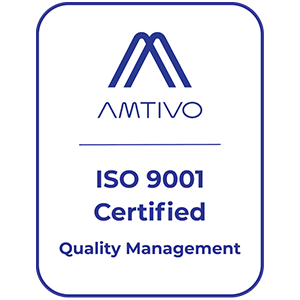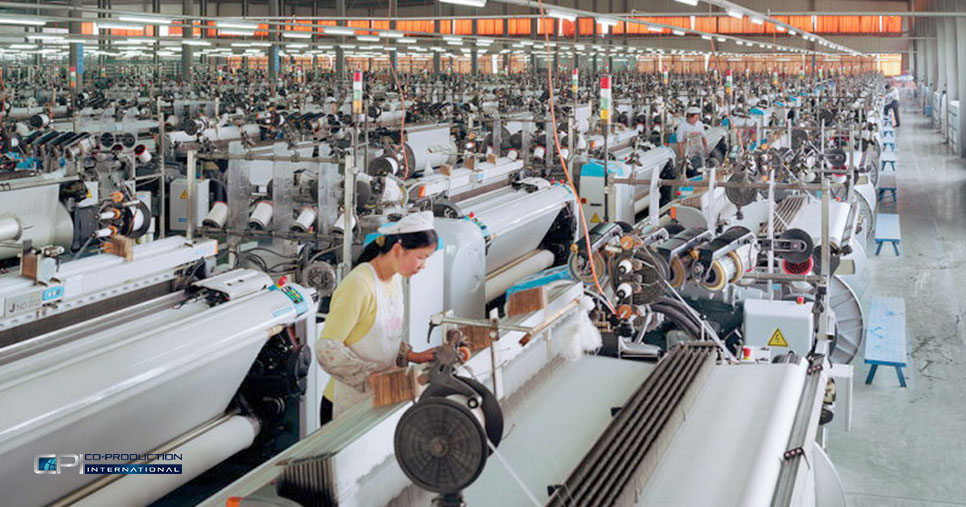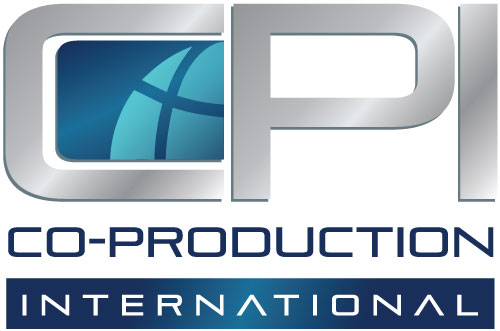Two years ago Penny Tio asked her son to leave his job as a corporate accountant at Big Four accounting firm KPMG LLC to help her with the Buena Park textile printing business she started 21 years ago.
Prima-Tex Industries Inc.'s annual sales had fallen from a peak of $8 million to about $3.5 million as U.S. apparel manufacturers shifted work to China. Tio, who serves as Prima-Tex president, had a feeling the work would return.
That shift began to take shape last year, and Tio said she expects sales this year of $5 million with a customer base of 65, boosted by growing business from denim companies.
"I said, 'I think I can see that customers are coming back, and I see that we're going to be busy.' That was three years ago," Tio said. "I said we'll do made in the USA, so let's just hang in there and that's why I did not close down."
Tio's son, Patrick, has stayed on with the family business and launched Prima-Tex sister company AmeriThreads two years ago with his mom. AmeriThreads expects sales to reach $2.5 million this year.
Prima-Tex—which offers manufacturers cutting and sewing, fabric printing and garment assembly—is part of a sizable cluster of textile companies sewing contractors oftentimes overshadowed by the concentration of action-sports brands that dominate the surface of Orange County's apparel landscape.
300 Here
Approximately 300 companies here provide the fabric printing, dyeing and sewing that goes into the construction of clothing or home furnishings, according to figures from the California Employment Development Department.
Prima-Tex offers a glimpse into the apparel industry, where most business owners know each other and services or client referrals are often shared among companies.
Tio's start in the business began right out of college in the Philippines, where she earned a degree in chemical engineering and then worked as a quality control engineer at a textile company. She and her husband moved to New York in 1974, where she worked as a colorist for another textile company.
Tio saw an ad for Lorber Industries and wrote the company's president, who contacted her and paid to have her move to California. She stayed with Lorber for 15 years and in 1991 decided to start her own textile company, which she thought would give her the flexibility to raise her two sons. "It didn't work that way," she said with a laugh.
Tio's younger son Jonathan is in charge of domestic private label manufacturing for Prima-Tex.
"This is all I know—my whole life," she said. "After college, I went to a textile company, working in a textile company, and learned about textile printing, dyeing and finishing, and I enjoyed it. I enjoyed the challenges, especially when you have new things and there's problems that needs to be taken care of. If I was able to solve it, I felt happy to do that."
Buena Park Building
Tio has since acquired the Buena Park building Prima-Tex started in with about 10 workers, added about 12,000 square feet to the facility in 1995, and acquired the assets of Los Angeles rotary engraver Master Screens in 2003.
Manufacturing's march to China was the biggest change for Prima-Tex, and also took the biggest toll on the business up until last year. Prima-Tex and other local companies are trying to lure back some of the lost business as labor costs in China rise.
Prima-Tex can complete an order in four to six weeks. That compares with a typical 90-day turnaround schedule in China, and Tio contends Prima-Tex's skilled work force can handle intricate printing needs that only a skilled work force can handle.
Skills Needed
Finding and keeping those skilled workers is important.
"There's a lot more on-the-job training, and there's no curriculum out there that will teach somebody how to be a printer," Patrick Tio said. "You have to work yourself up through the ranks in a printing company. We have a big challenge in finding skilled labor: the people that either already know what to do or even people who are willing to move up through the ranks. We're always hiring."
Another, more recent challenge for the company has come with the adjustment taking place in the industry as work continues to trickle back to the U.S.
"One of the challenges is a lot of manufacturers want 'Made in the USA,' but they want the China price," Penny said.
The disparity between expectations and reality appears to be narrowing.
"On the premium side, they've come to accept that they have to charge the higher prices to get the better quality of made in the United States," he said. "But the Forever 21 crowd that just wants to wear something one week and throw it out the next month—they're OK with it falling apart, and so those things still need to be made overseas. But even Forever 21 does production here in the United States, because China can't keep up with the speed of their production."
AmeriThreads' founding was based on the premise that Prima-Tex would do the printing and AmeriThreads would handle domestic manufacturing for customers. The company has 15 workers, and 45 workers from El Monte-based LW Apparel take up 7,000 square feet of AmeriThreads' space.
Brands
A deal struck in December to buy clothing brands Brown Sound, Nick & Mo and La Magnolia pushed AmeriThreads into yet another direction.
"Now, I'm actually on the other side of the coin, where I'm importing my goods in from China," Patrick Tio said.
Brown Sound is a music- and nature-inspired line of men's T-shirts, screen-printed by Prima-Tex and sold at Philadelphia-based Urban Outfitters Inc.'s retail locations. The Nick & Mo contemporary line retails between $40 and $150, with distribution in about 600 boutiques and department stores nationwide. La Magnolia is set to launch next spring as a more-expensive sister line to Nick & Mo.
"I grew up around textiles and seeing how things were made, [but] I never fully understood the apparel business until a few years working in the industry," Patrick said. "The time, expertise and commitment required to create even a simple garment are immense. .... You barely have time to be proud of your product before you need to get knee deep into the next delivery."




.png)






